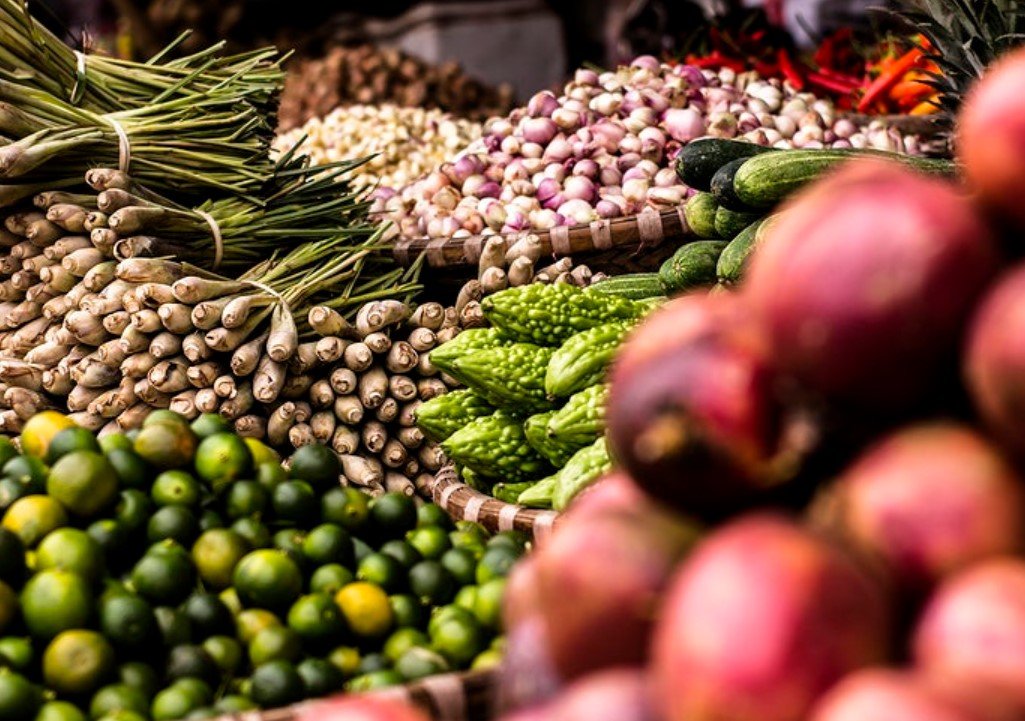Liberia, a country with a population of just over 5.6 million, faces significant challenges in achieving food security. The lingering effects of two civil wars, Ebola outbreaks, and the COVID-19 pandemic have left the nation struggling to meet its development goals. One of the most pressing issues is food scarcity, which disproportionately affects women-headed households. These women, who are primary caregivers and responsible for managing food availability, employ various strategies to cope with the ongoing crisis.

The Role of Women in Agriculture
Women play a crucial role in Liberia’s agricultural sector, accounting for approximately 80% of the agricultural labor force and 93% of food crop production. Despite their significant contributions, women-headed households are particularly vulnerable to food insecurity. Limited access to education, financial resources, and technological advancements hampers their ability to invest in farming equipment, seeds, and fertilizers. This, coupled with inadequate government support and land conflicts, exacerbates the challenges they face.
In rural areas, where 51% of the population resides, food insecurity levels are especially high. Women in these regions often rely on small-scale farming to sustain their families. However, the lack of infrastructure and support services makes it difficult for them to achieve food security. Many women resort to traditional farming methods, which are less efficient and yield lower outputs compared to commercial farming practices.
To address these challenges, various initiatives have been launched to support women in agriculture. Programs that provide training, access to credit, and improved farming techniques have shown promise in enhancing productivity and food security. By empowering women with the necessary tools and knowledge, these initiatives aim to create a more resilient agricultural sector.
Coping Strategies and Resilience
Women-headed households employ a range of coping strategies to manage food scarcity. These strategies include borrowing money, selling assets, and reducing health expenses. In extreme cases, women may reduce the size of meals, eat leftovers, or skip meals altogether to ensure that their children have enough to eat. These measures, while necessary for survival, often come at a significant cost to their health and well-being.
The resilience of these women is evident in their ability to adapt to challenging circumstances. Many women engage in multiple income-generating activities, such as petty trading or casual labor, to supplement their household income. This diversification of income sources helps to mitigate the impact of food scarcity and provides a safety net during times of crisis.
Community support networks also play a vital role in helping women cope with food insecurity. Women often rely on extended family members, neighbors, and local organizations for assistance. These networks provide emotional support, share resources, and offer practical help, such as childcare or transportation. By fostering a sense of solidarity and mutual aid, these communities help women navigate the challenges of food scarcity.
Future Prospects and Solutions
Addressing food scarcity in Liberia requires a multifaceted approach that includes policy interventions, community-based initiatives, and international support. Strengthening the agricultural sector is crucial for improving food security and reducing vulnerability among women-headed households. This involves investing in infrastructure, providing access to credit and markets, and promoting sustainable farming practices.
Government policies that prioritize food security and support smallholder farmers can make a significant difference. By implementing land reforms, improving access to agricultural inputs, and enhancing extension services, the government can create an enabling environment for women in agriculture. Additionally, social protection programs that provide direct assistance to vulnerable households can help alleviate the immediate impacts of food scarcity.
International organizations and development partners also have a role to play in addressing food insecurity in Liberia. By providing technical assistance, funding, and capacity-building support, these organizations can help strengthen local institutions and promote sustainable development. Collaborative efforts that involve multiple stakeholders, including government agencies, NGOs, and the private sector, are essential for achieving long-term food security.
In conclusion, food scarcity in Liberia poses significant challenges for women-headed households. Despite their resilience and resourcefulness, these women face numerous obstacles in achieving food security. By addressing the underlying causes of food insecurity and providing targeted support, it is possible to improve the livelihoods of women and their families, contributing to a more food-secure future for Liberia.
















